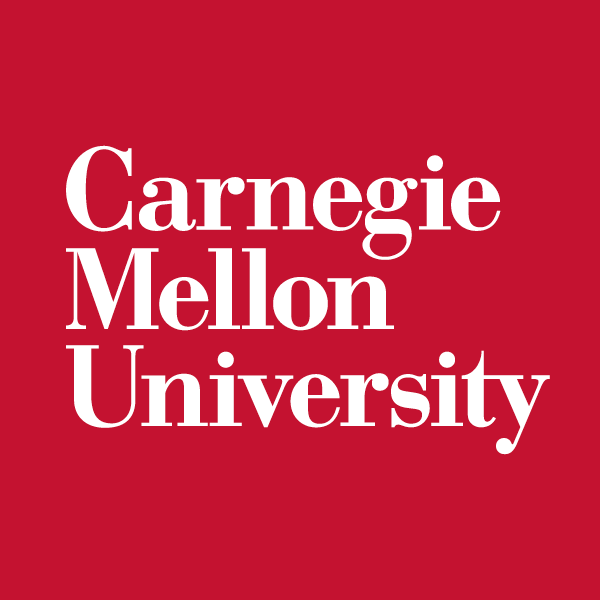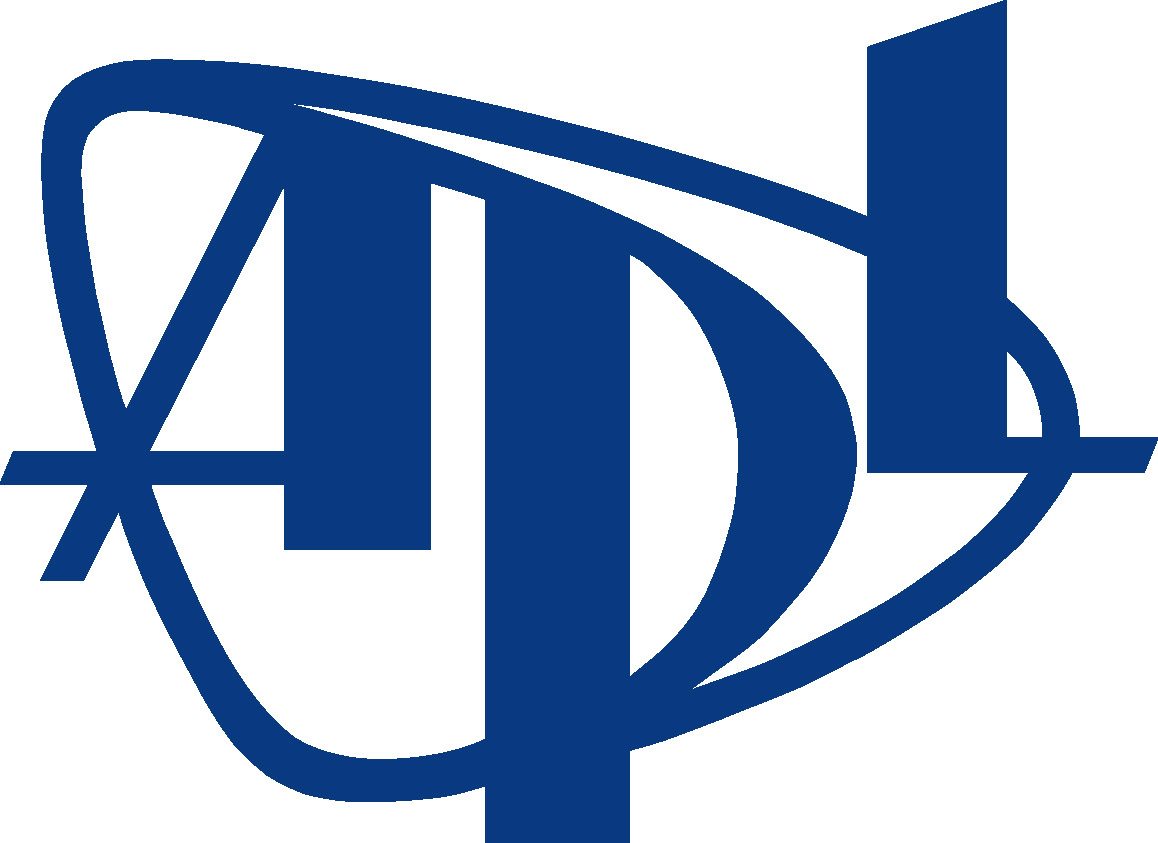
Menlo Park, CA • May - August 2022
Worked as a software engineering intern on the Presto team,
which develops a database query engine for distributed systems.
My work was centred around speeding up Velox, the back-end
vectorized database acceleration library that handled execution on
worker nodes, and increasing the efficiency of certain types of row
filters.

Pittsburgh, PA • January 2022 - May 2024
Served as a head teaching assistant for 15-210: Parallel and
Sequential Data Structures and Algorithms, which is the introductory
algorithms class at CMU. As head TA, I organized the staff and
coordinated logistics. I also made infrastructural changes such as
migrating our autograder system and setting up a new office hours queue.
I also contributed to content development and homework refinement to
maximize student learning. I also led recitations of 30+ students.
My biggest contribution to the course was the authorship of over 100
pages of course notes, which further enhanced the student experience.

Pittsburgh, PA • July - December 2021
Served as a teaching assistant for 15-122: Principles of Imperative
Computation, an introductory programming class for first-year CS
students at CMU. As a TA, I led weekly labs and recitations to teach
fundamentals of the C programming language to 30+ students, and graded
over 400 written assignments along with the other TAs every week.

Seattle, WA • June - August 2019, June - August 2020
Interned at the University of Washington Applied Physics Lab for two
separate summers, working on a team investigating plane-wave ultrasound
technologies and their uses in neuroscience.
The first summer, I was tasked with optimizing MATLAB
code for reconstructing images from raw ultrasound scan data. By
exploiting parallelism and rewriting parts of the MATLAB script in C, I
was able to make reconstructions run 20 times faster while maintaining
the same image quality. I also investigated and built network-attached
storage systems for storing scan data.
The second summer, I ran reconstruction scripts on scan data to
generate images, which were then used in publications by my research
supervisor. I also created a Python tool which allowed users to click
on two points within an image and find the velocity of blood flow across
the blood vessel between them from the scan data.